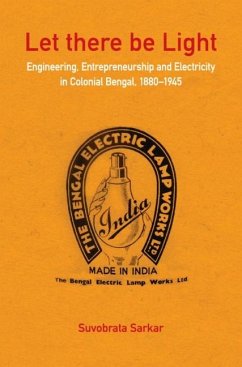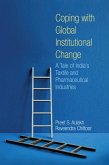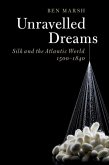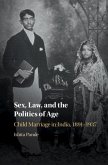Social and economic history of science and technology has emerged as a major theme of interdisciplinary research in South Asian history since the late 1990s. This book studies the correlation between technological knowledge and industrial performance, with the focus on electricity, an emerging technology during 1880 and 1945. The arrival of electricity necessitated the introduction of new institutional facilities, and with the growth of technological system, a new business culture grew - there was demand for trained manpower to handle machines and better educational facilities. Taking a broad view of the subject, the narrative of this book is built around the historical experiences of the local Bengali-speaking population. Adopting the social constructionist model, Let There Be Light presents an amalgamation of archival and Indian language source materials to delineate the diverse nature of the appropriation of technological ideas into Indian culture.
Dieser Download kann aus rechtlichen Gründen nur mit Rechnungsadresse in A, B, BG, CY, CZ, D, DK, EW, E, FIN, F, GR, HR, H, IRL, I, LT, L, LR, M, NL, PL, P, R, S, SLO, SK ausgeliefert werden.









